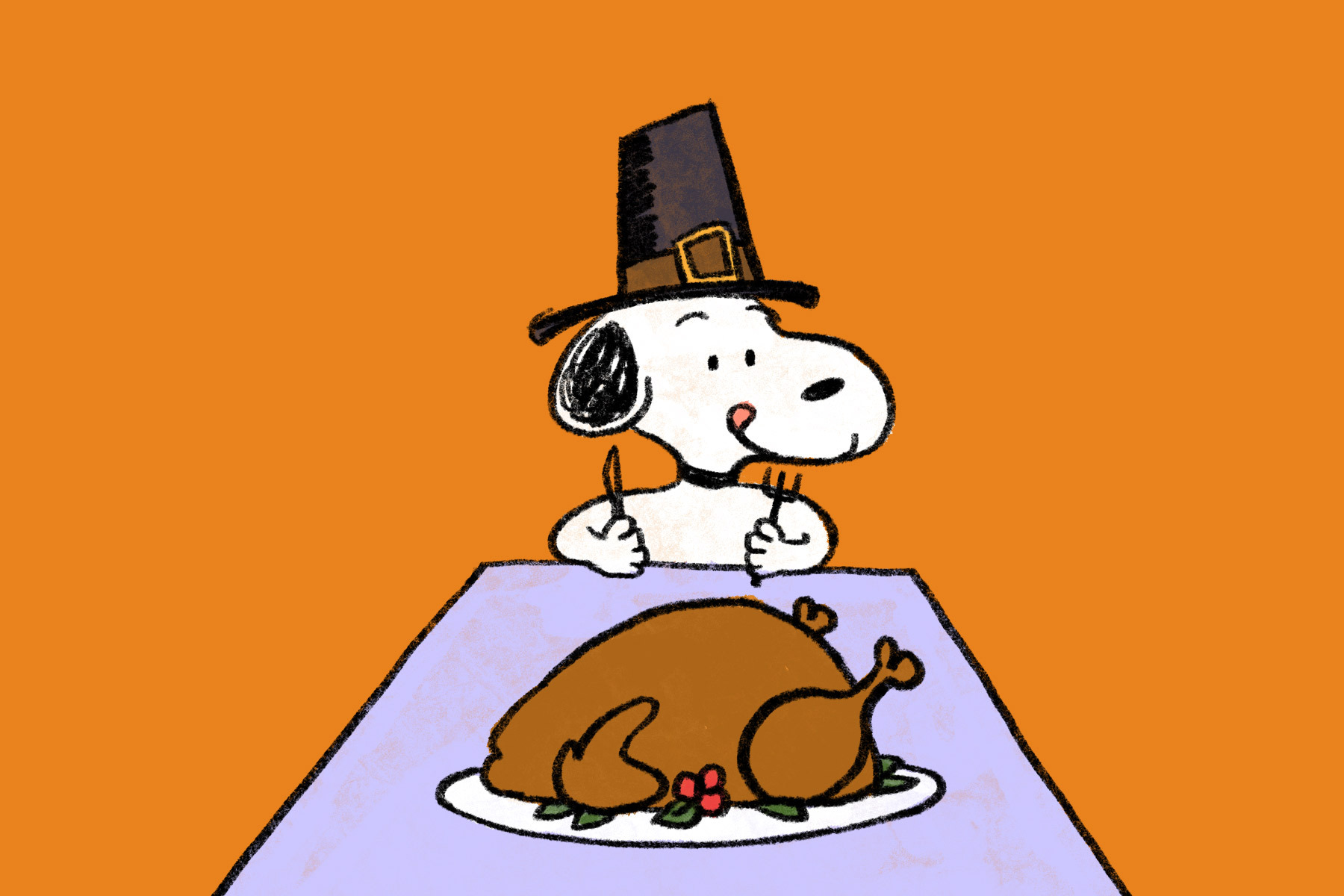The Thanksgiving holiday is an important part of American culture, centering around the tradition of gathering with one’s entire extended family, complete with turkey, cranberry sauce and pumpkin pie. It’s also a time for everyone to share the things they’re most thankful for over the past year, and, in some cases, watch the football game. But Thanksgiving also has a very complex history, dating back to the early 1600s when a group of British colonists, now referred to as Pilgrims, set sail on the Mayflower, which was bound for Cape Cod.
The real story of Thanksgiving is taught to children as young as preschool age, and by the time they enter elementary school most of them participate in “Thanksgiving plays,” which involve acting out an oversimplified version of the Mayflower story. However, with that said, one can argue that America’s elementary school children are more educated on the real meaning of Thanksgiving than the nation’s sitcom writers.
‘Modern Family’ Drama
Food, Not Family in ‘Gilmore Girls’
Another show with Thanksgiving episodes that center around a more nontraditional meaning of the holiday is “Gilmore Girls.” In the ninth episode of the third season, Lorelai and Rory attend four Thanksgiving dinners so they can avoid turning down any invitations. Because all but one of these celebrations was with friends instead of family, the episode was seemingly free of drama. However, the show is guilty of presenting Thanksgiving as a holiday all about food. Instead of focusing on the gatherings themselves, the center of attention is the meals. Viewers see Lorelai and Rory in between locations, and their conversation is primarily about food. “Gilmore Girls” does make up for that in an earlier season where Rory and her friend Lane are seen in Pilgrim costumes promoting a Thanksgiving event. “Modern Family” doesn’t do anything of the sort, making “Gilmore Girls” slightly less guilty of ignoring the real meaning of the holiday.
More Family Drama in ‘The Goldbergs’
Another show that plays up the dramatic aspects of Thanksgiving is “The Goldbergs,” which is still airing. The show itself centers around family drama, so it comes as no surprise that all the Thanksgiving episodes make that the focal point. The 2014 episode “A Goldberg Thanksgiving” is a prime example of a sitcom playing into Thanksgiving stereotypes, as one of the main plotlines involves a family member, whom everyone in the show finds annoying, coming to visit. The drama aspect appears when the main character, Adam Goldberg, forms a close bond with his uncle, much to his father’s dismay. This episode also features another stereotypical Thanksgiving plot, which revolves around the mother of the family guilt-tripping her kids to help out in the kitchen.
Although it is not necessarily offensive, the fact that sitcom writers choose to equate the holiday of Thanksgiving with food and fighting families shows that they disregard the very significant history of the holiday. Thanksgiving as we know it today wouldn’t be a thing without the story of the Pilgrims. At least mentioning it in passing, such as a scene including a child’s Thanksgiving play, would be a better option than ignoring it completely.

















